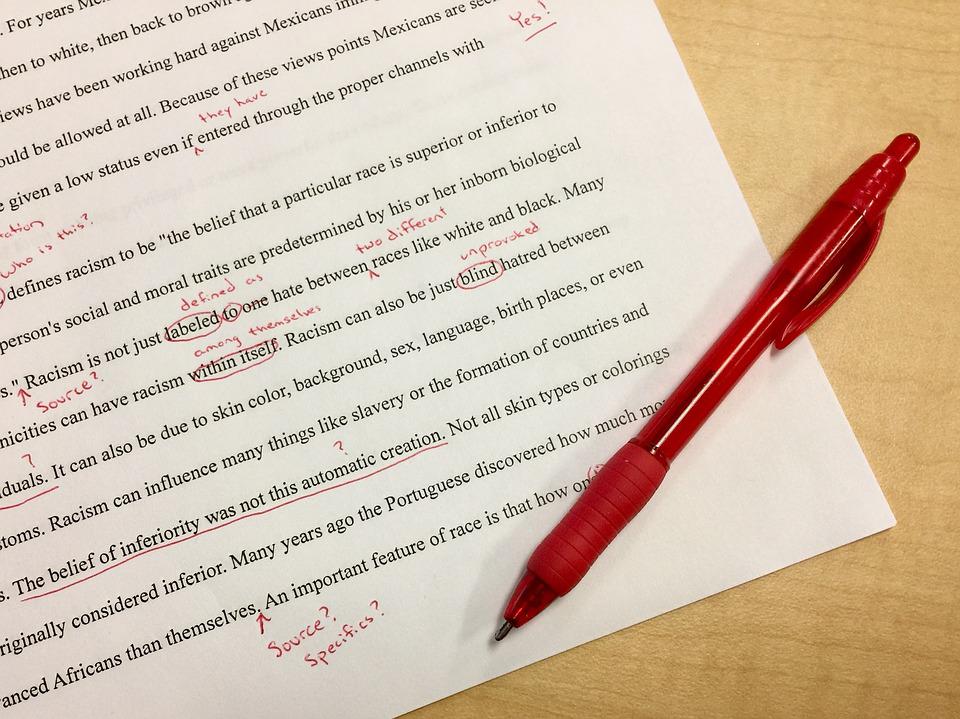Description: Private tutor Nikhita shares her insight on why it is important to make mistakes in order to progress and develop in academia.
An Opportunity to Learn
Nobody likes making mistakes.
Getting things wrong, committing errors and slipping up no matter what you call it, or what stage of life you are in, it’s something many of us fear.
For lots of students, faults are often equivocated to failure, especially in our school culture where perfectionism and competitiveness are so deeply ingrained.
Despite the common perception of mistakes being a negative quality, there is a growing shift towards embracing mistakes and instead seeing them as an opportunity to learn and improve. After all, it is part of being human.
The Fear
We must get over this fear of student error because mistakes are such a fundamental part of the learning process. Have a go, fail, and then learn.
A study based in Singapore, the value of “productive failure” was identified.
Seventh-grade mathematics students were separated into a “direct instruction” group and a “productive failure” group.
In the direct instruction group, when given a complex problem, the students received help from a teacher throughout.
In the productive failure group, however, the students struggled and failed at solving the problem until the teacher stepped in to help them

As a result, the productive failure group performed significantly better than the direct instruction group during a final test.
This proves that making errors, not only helps you understand the different ways you might get something wrong, but you are also more likely to remember the correct method, and hence achieve the correct answer.
New connections can form the brain, causing it to grow and retain information better, commonly known as the “growth mindset”.
A source of motivation and encouragement… not something to be ashamed of.
Change of Perspective
Making mistakes can leave us feeling defeated, humiliated, and unsuccessful.
However, if we, as a society, can change our perspective, and instead see mistakes as motivation to work harder and succeed, they can accelerate the learning process, preventing stagnation and complacency.
Consistently getting things correct and avoiding challenges may lead to a false sense of security and result in overconfidence.
It is therefore essential to embrace making mistakes early, in order to gain a greater insight into the truths of the real world.
However, in order to respond to mistakes adaptively and flexibly, one must have emotional resilience, determination, and self-confidence.
Without these qualities, bouncing back from mistakes would prove to be quite difficult. But how can we help students do this?
Eliminating the Fear of Failure
There are several ways we can reduce the worries that many children have surrounding making mistakes and possibly failing.
Firstly, encouraging persistence in working towards a goal is an excellent way to inspire children to do the same.
Saying things like “don’t give up!” or “keep trying” can have a positive effect, even on children as young as 15 months.

Secondly, modelling self-compassion and kindness are so important in preventing children from putting all their self-worth into one mistake.
They can learn to be kinder to themselves, and push through the challenge with a more positive mindset.
Thirdly, altering the learning setting can be an effective method to help children improve.
Every child learns differently, and so adapting the learning context to suit their individual needs can prove to be a great way for them to flourish, excel, and eventually deal with the challenge.
The Core
To conclude, the importance of making mistakes cannot be understated, as ultimately, it’s a core part of the learning process.
We should all learn to cut ourselves some slack when it comes to faults, and instead see it as a beautiful opportunity to learn, grow and succeed.
By tutor Nikhita. Contact Us

